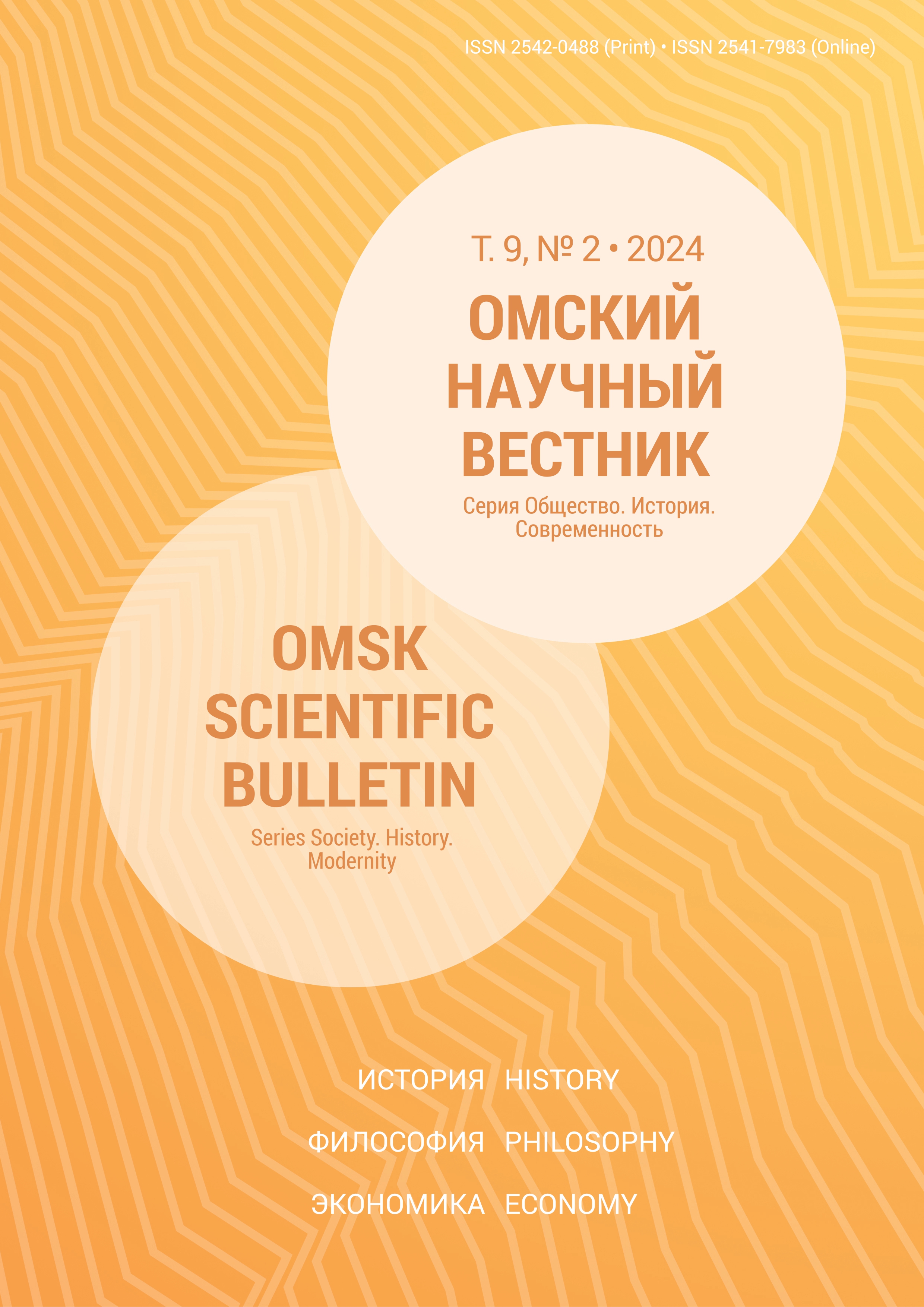Modeling the digital transformation of industrial holdings
DOI:
https://doi.org/10.25206/2542-0488-2024-9-2-146-152Keywords:
industrial holding, technological transformation, modeling, technologies, instrumental approach, industryAbstract
The article reflects the achieved results of research on methodological provisions related to the application of economic models in the digital transformation of industrial holdings. The methodology of using economic models under consideration made it possible to identify the target orientation and the main tasks of digital transformation. The characteristic features of the proposed methodology should be considered: generalization of the signs of digital transformation; argumentation of distinctive properties that affect the development of economic models in the
digital transformation of industrial holdings. The studied aspects make it possible to clarify the conceptual provisions of the classical theory of digital transformation of economic systems, in terms of studying problematic situations arising in the process of digital transformation of industrial holdings, as well as substantiating concepts such as modeling, digital transformation, models of digital transformation of industrial systems, to highlight the main stages of development of digital transformation of industrial systems. As part of the methodological implementation of the proposed methodology, an instrumental approach is considered that allows to systematize the tools of digital transformation of industrial systems in the context of digital business models, digital technologies and platform solutions, as well as to argue the key features of each of the tools. The advantage of the instrumental approach is the possibility of studying the established economic models of digital transformation and substantiating the author’s model of digital transformation of an industrial holding. The proposed model allows you to: optimize the configuration of manufactured products and processes of its life cycle in terms of optimizing the added value of an industrial holding; integrate systems and processes, as well as the value chain of an industrial holding, the components of which are: optimization of production, environmental safety, cost reduction, asset productivity, productivity improvement, profitability growth and increase in the value of the holding.
Downloads
Published
How to Cite
Issue
Section
License
Non-exclusive rights to the article are transferred to the journal in full accordance with the Creative Commons License BY-NC-SA 4.0 «Attribution-NonCommercial-ShareAlike 4.0 Worldwide License (CC BY-NC-SA 4.0»)




